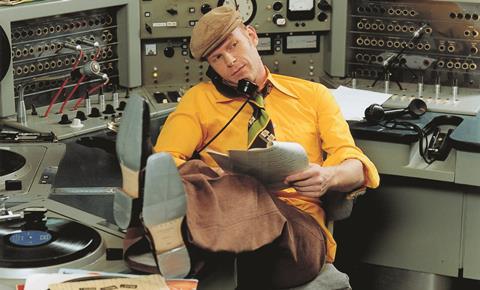More commonly known as Junkie XL, the Dutch composer turned to religious themes and heavy metal to score Mad Max: Fury Road

Tom Holkenborg, also known as Junkie XL, landed his adrenaline-fuelled job when Warner Bros senior vice-president of music Darren Higman asked what his plans were one night in August 2013. A day later, the Dutch composer was in Sydney with Mad Max: Fury Road writer-director George Miller.
What was scheduled as a brief chat turned into a two-day discussion about a shared passion for mathematics, followed by a presentation of Holkenborg’s previous work. “George initially wanted no music in Mad Max: Fury Road, except the sounds of cars and guitars,” admits Holkenborg. But after Miller showed him a rough cut of the film, the composer proposed an over-the-top rock-opera score “that would dance with the characters, as if the acting was choreographed to the music”.
“I explained the religious themes that would revolve around The Citadel [the post-apocalyptic settlement run by the film’s tyrannical Immortan Joe] and a score that would give the feeling of a world we once knew,” he says. “He [Miller] smiled and gave me a big hug. That was the start of an incredible 20-month run.”
On his return to Los Angeles, Holkenborg delved into his work from the 1980s and ’90s, when he produced heavy metal bands, and began configuring ways to repurpose instruments to match objects on screen — for instance, the wild guitar-playing antagonist Doof Warrior and his squadron of drummers.
Holkenborg also referenced Alfred Hitchcock’s favourite composer, Bernard Herrmann. “The scene where Furiosa meets her family in the desert is a perfect sampling of his style of orchestration,” he says.
In the final 12-week stretch, he travelled to Trackdown Studios in Sydney to work alongside music editor Bob Badami, recording a mix of organic instruments and electronic elements. “This score is a result of 30 years of experimentation,” says Holkenborg. “George pushed me to levels I didn’t even know I had.”

























No comments yet